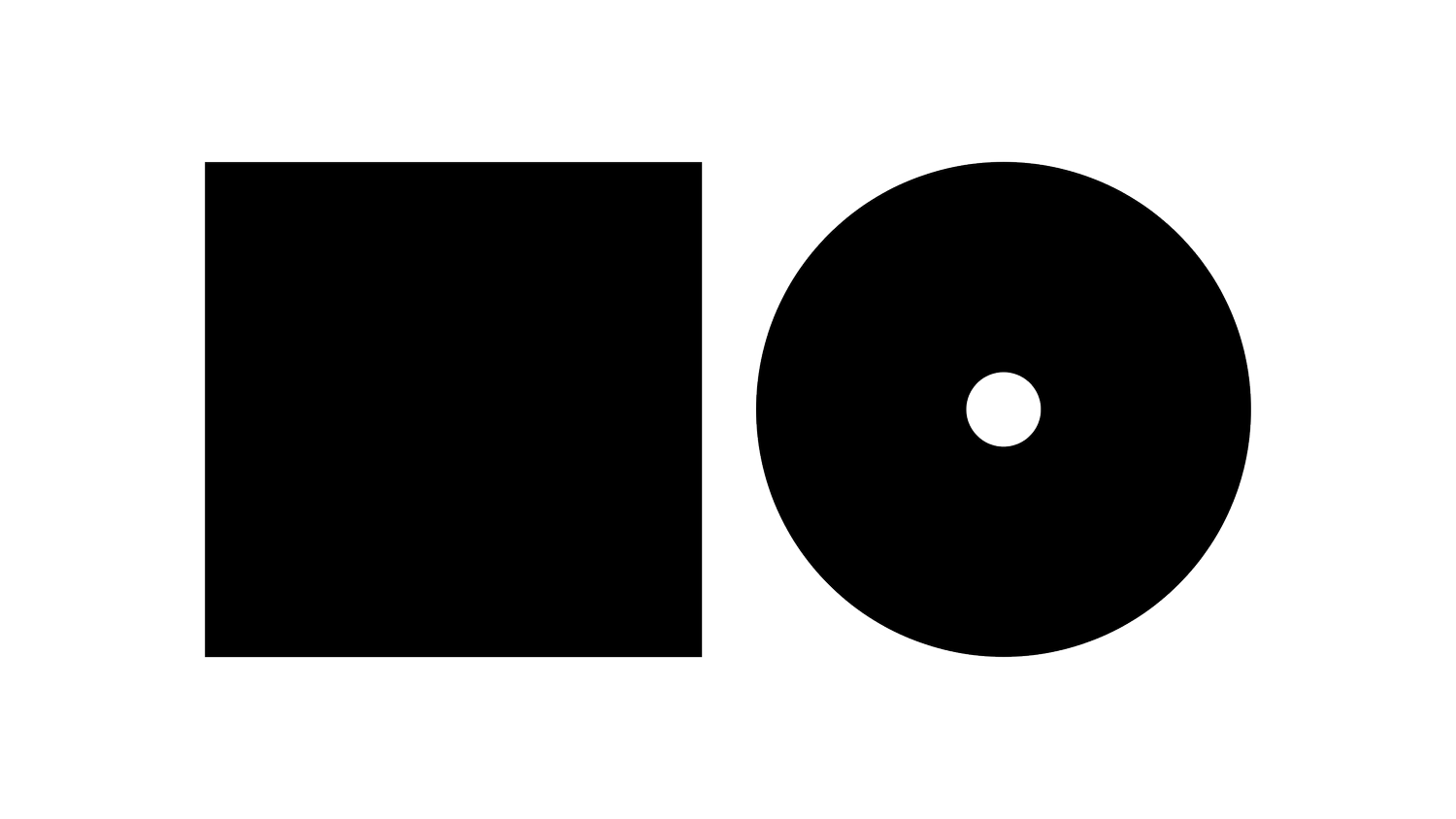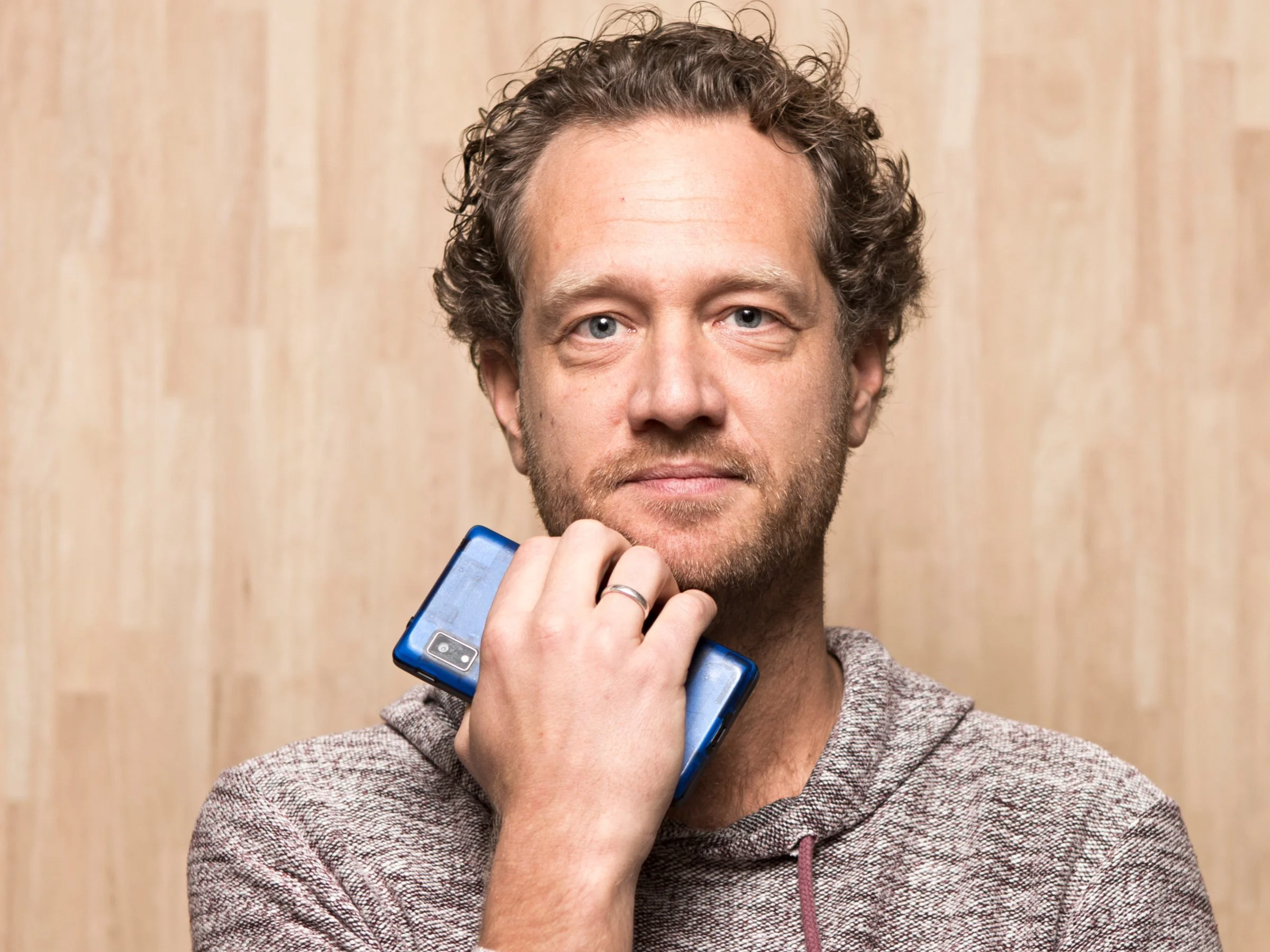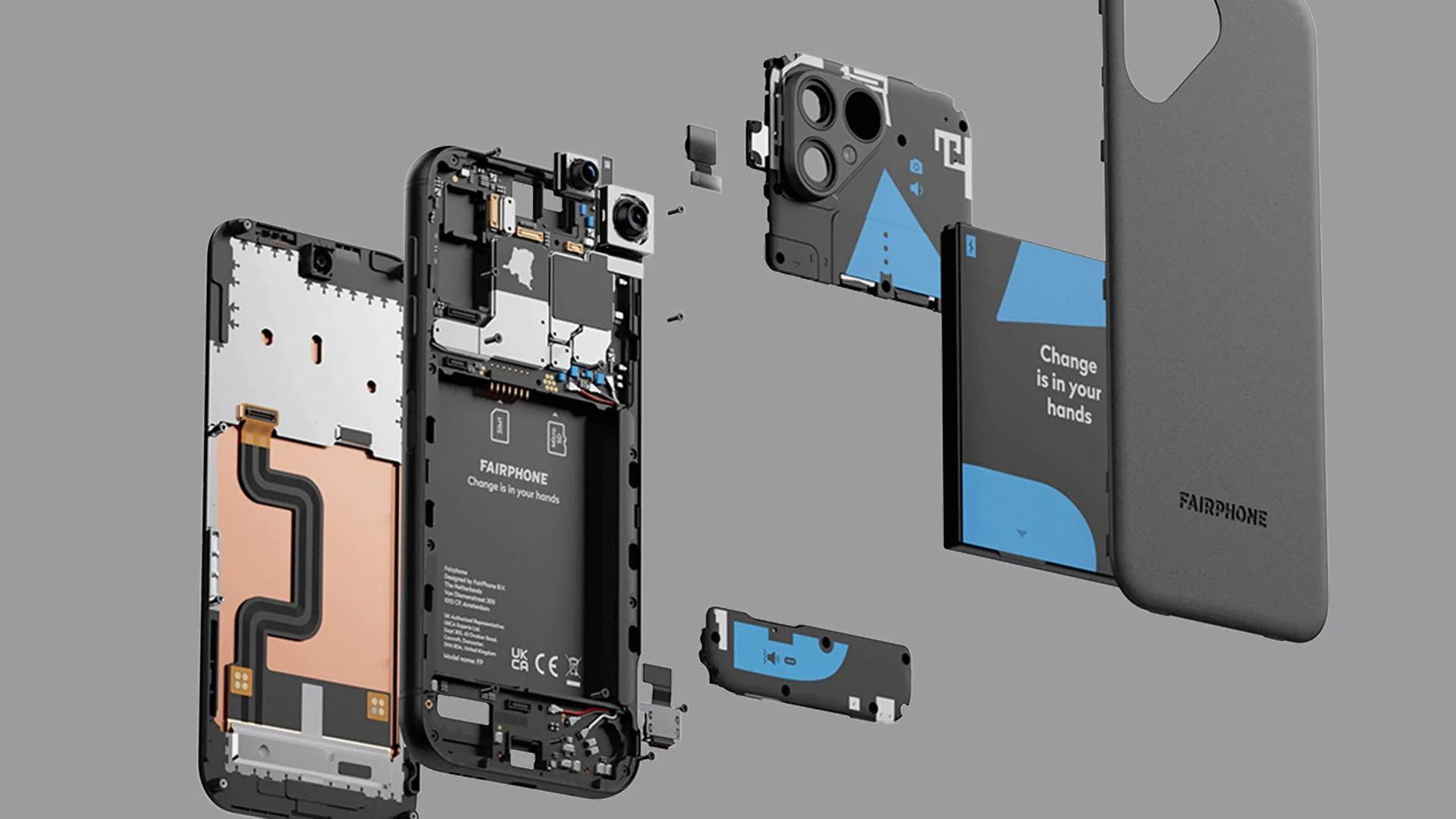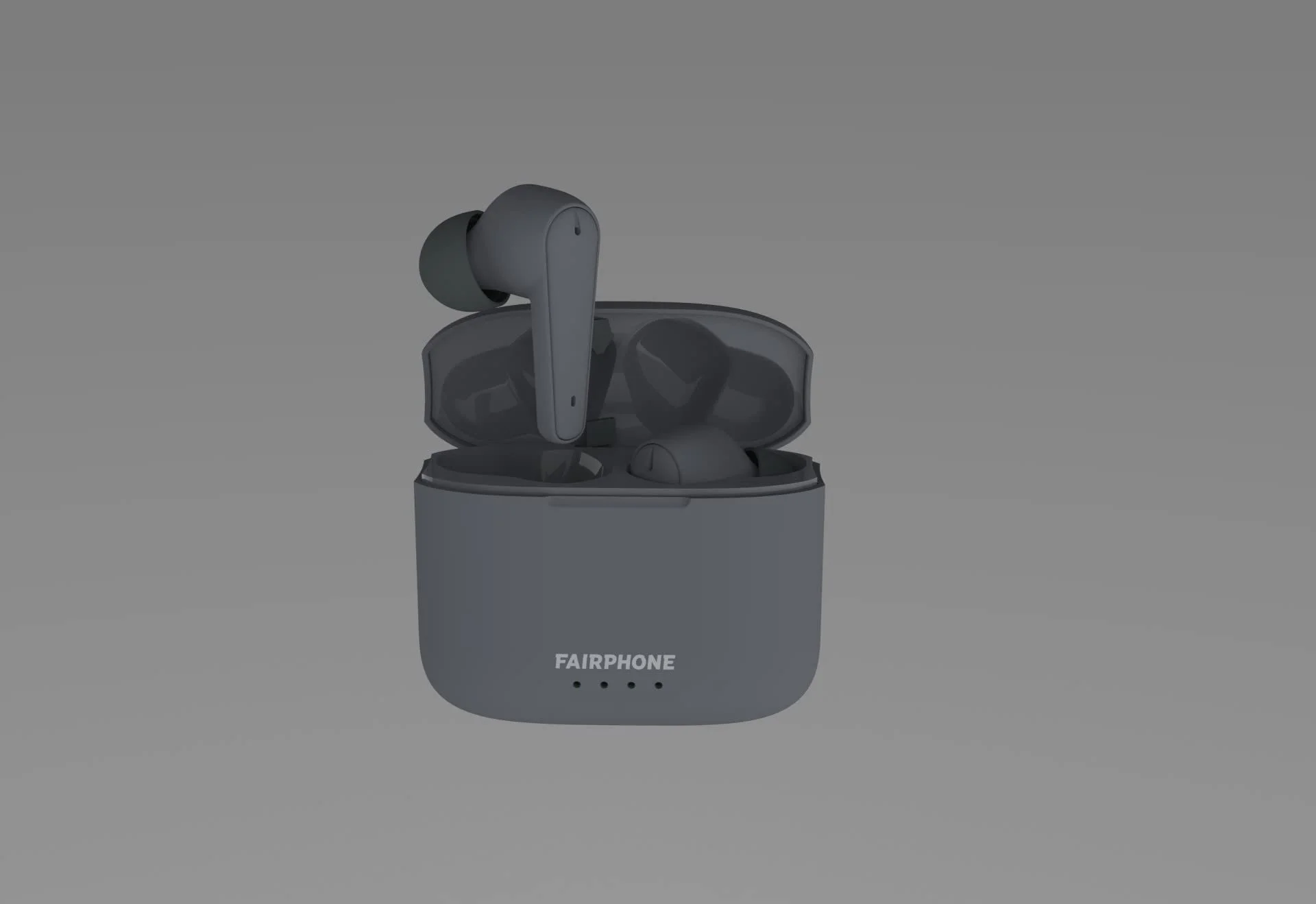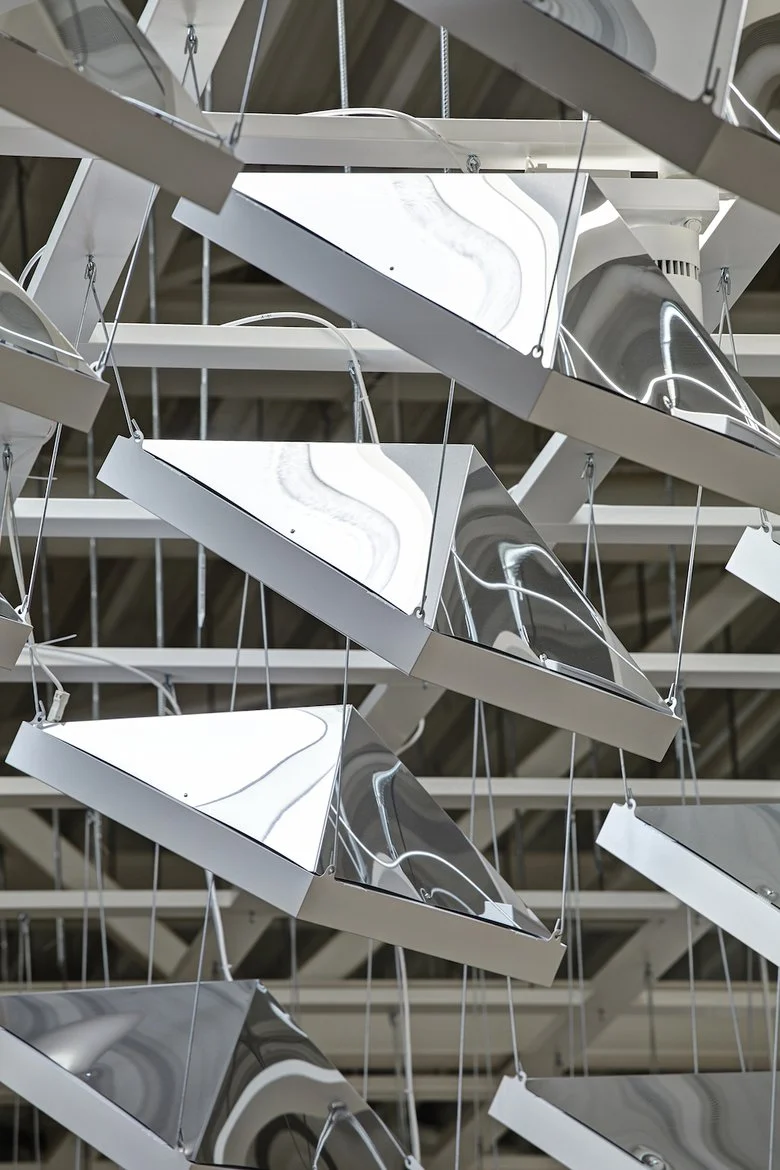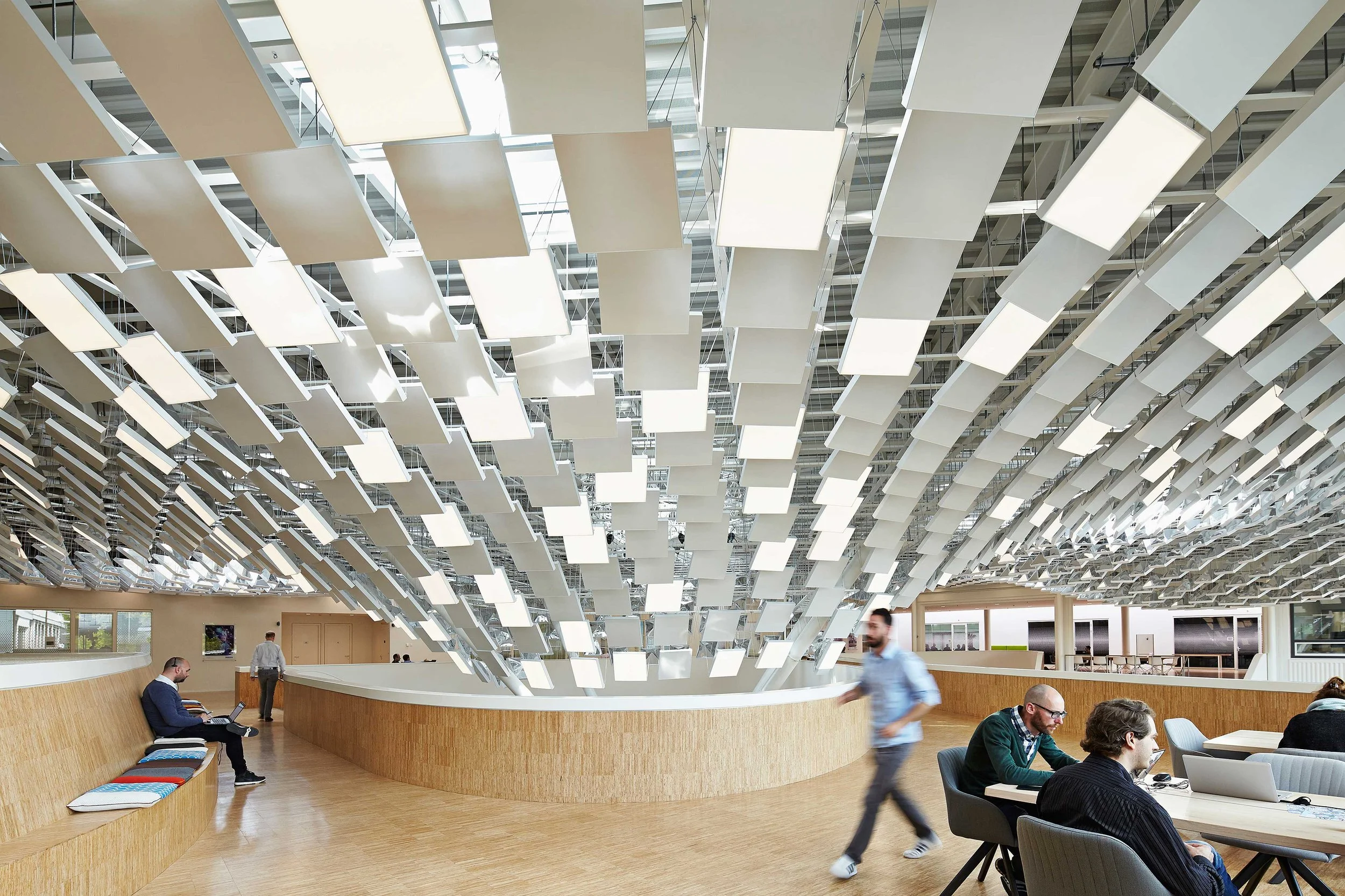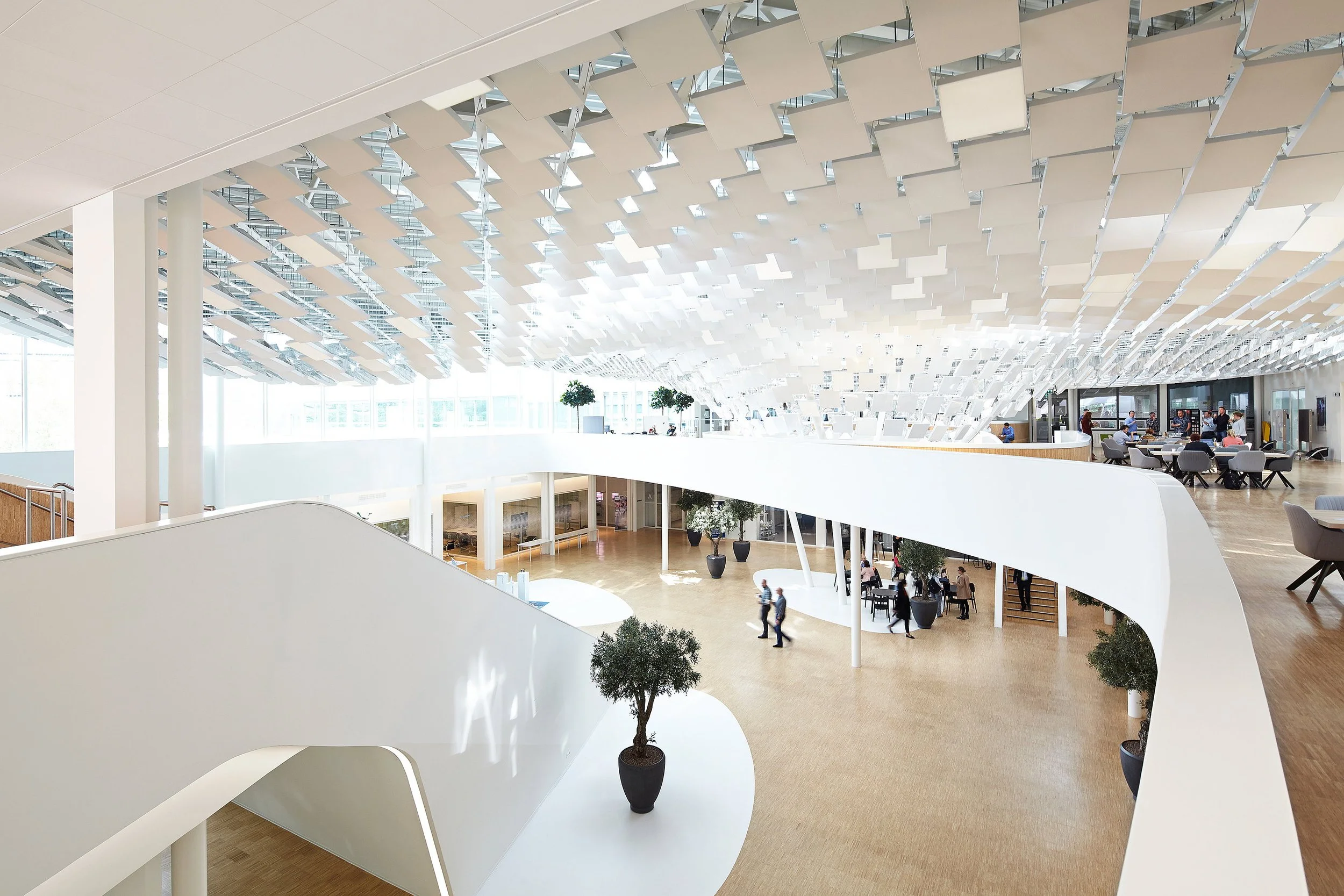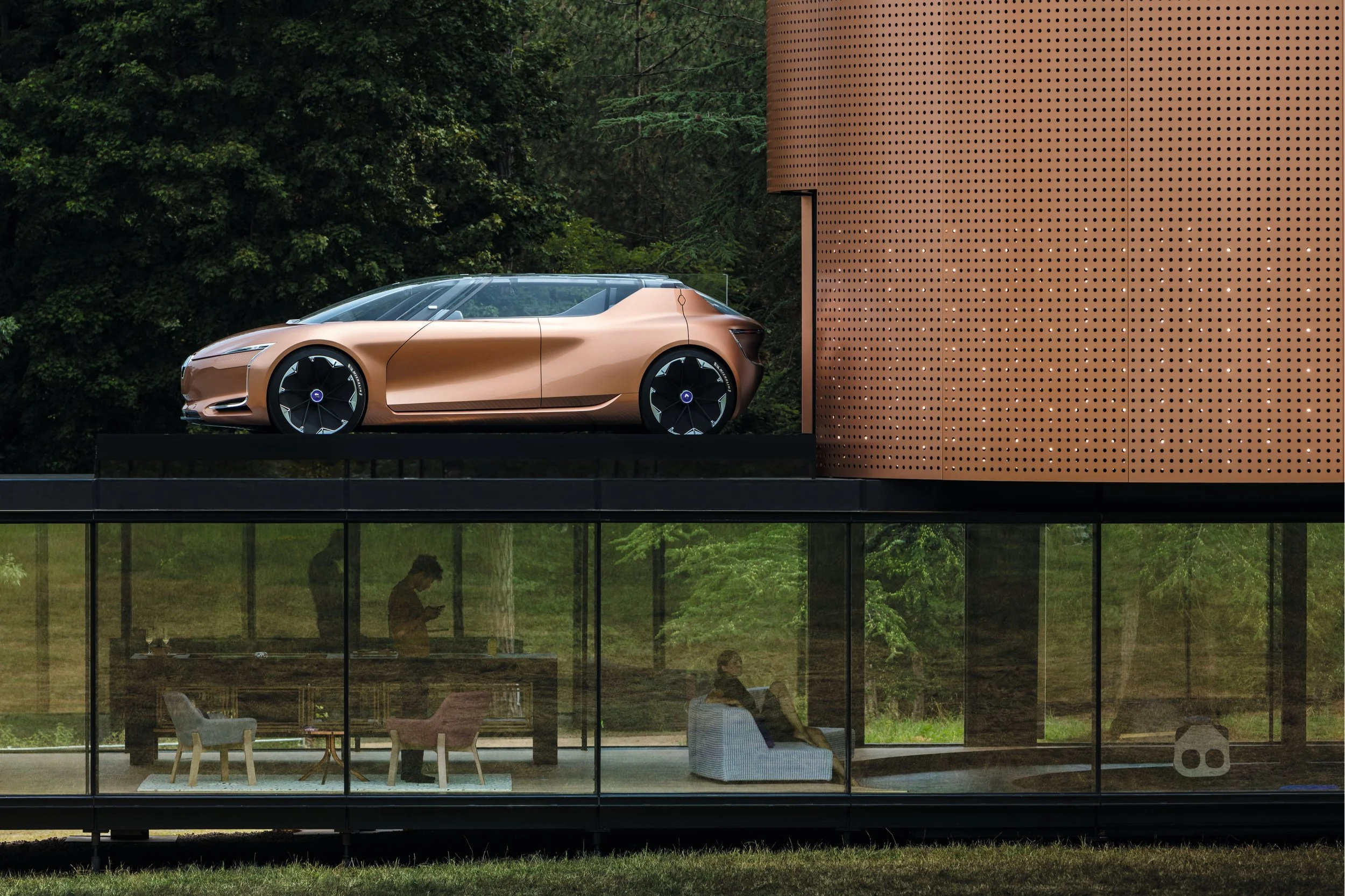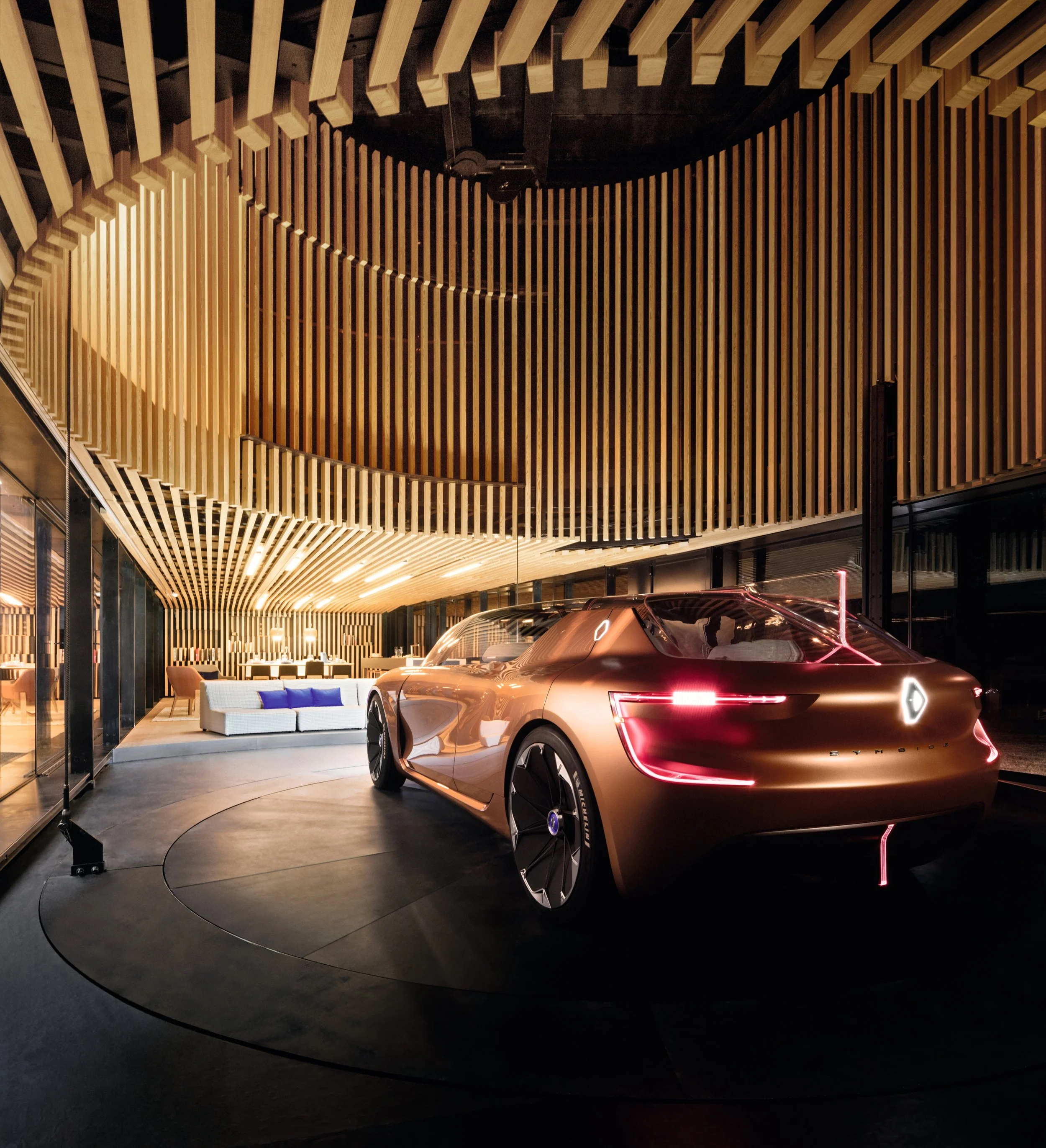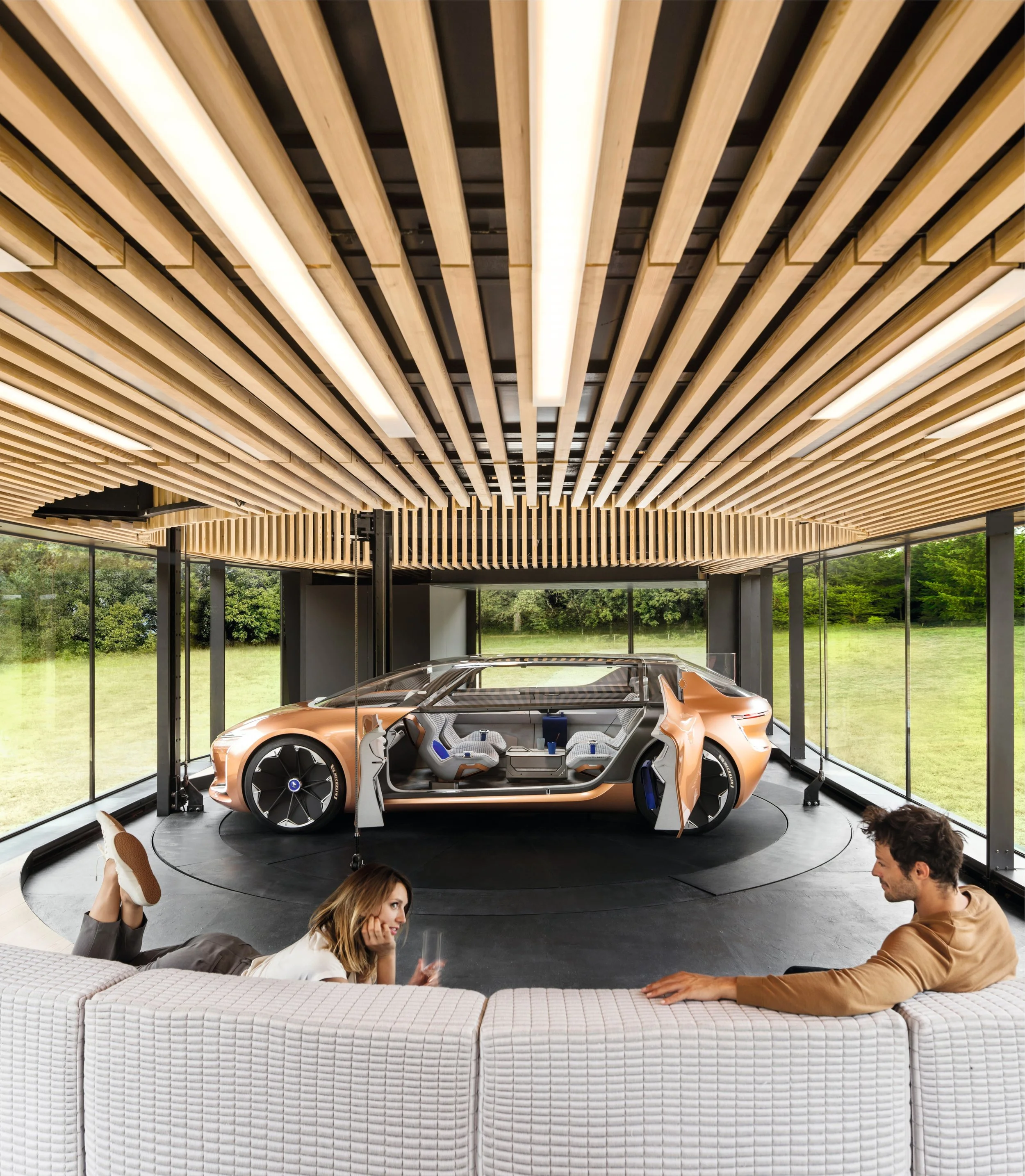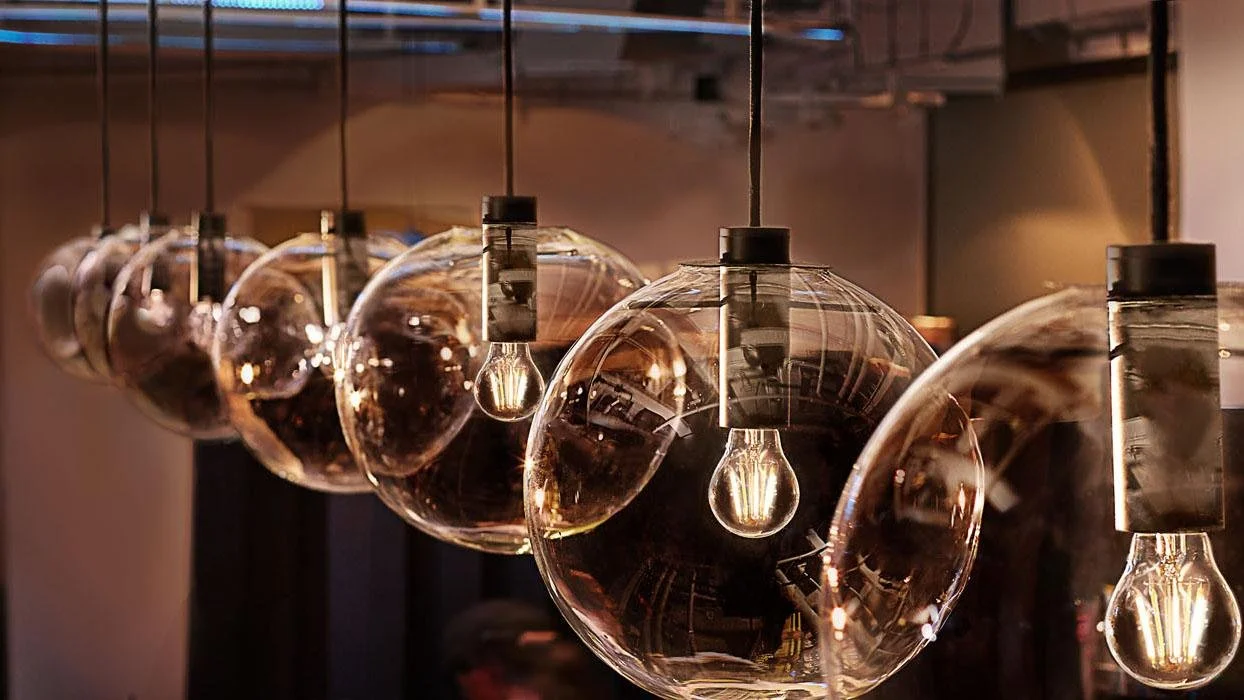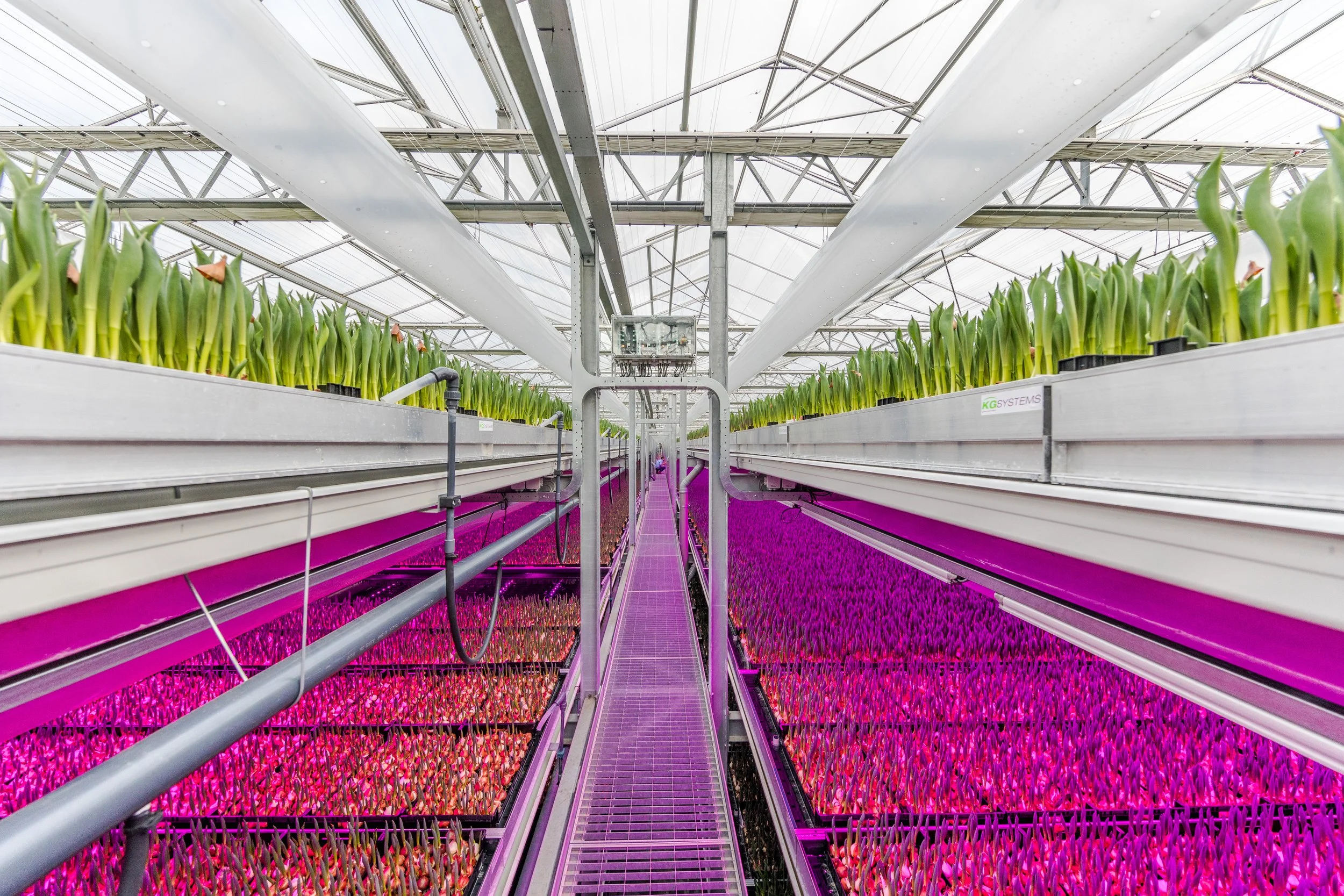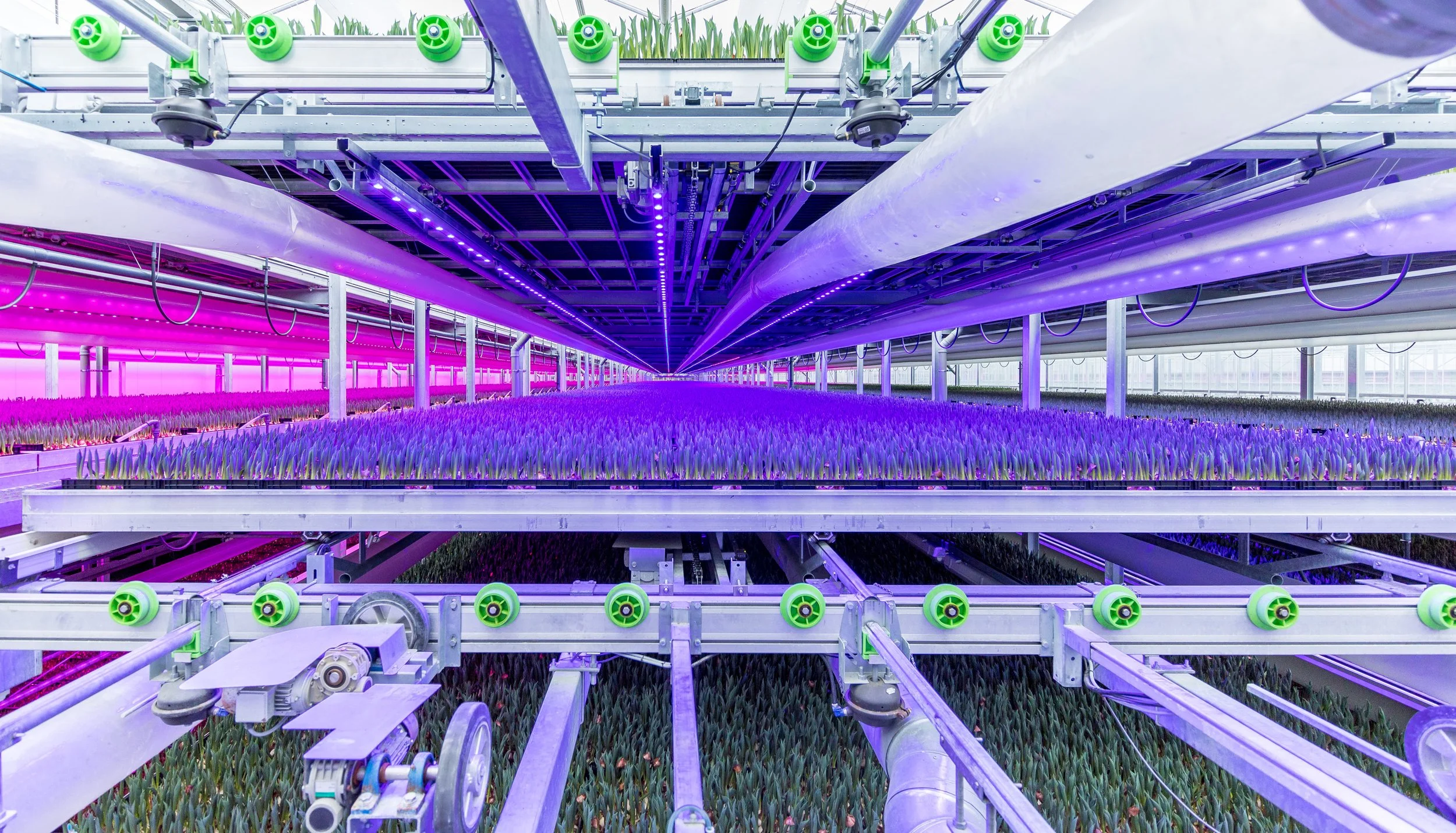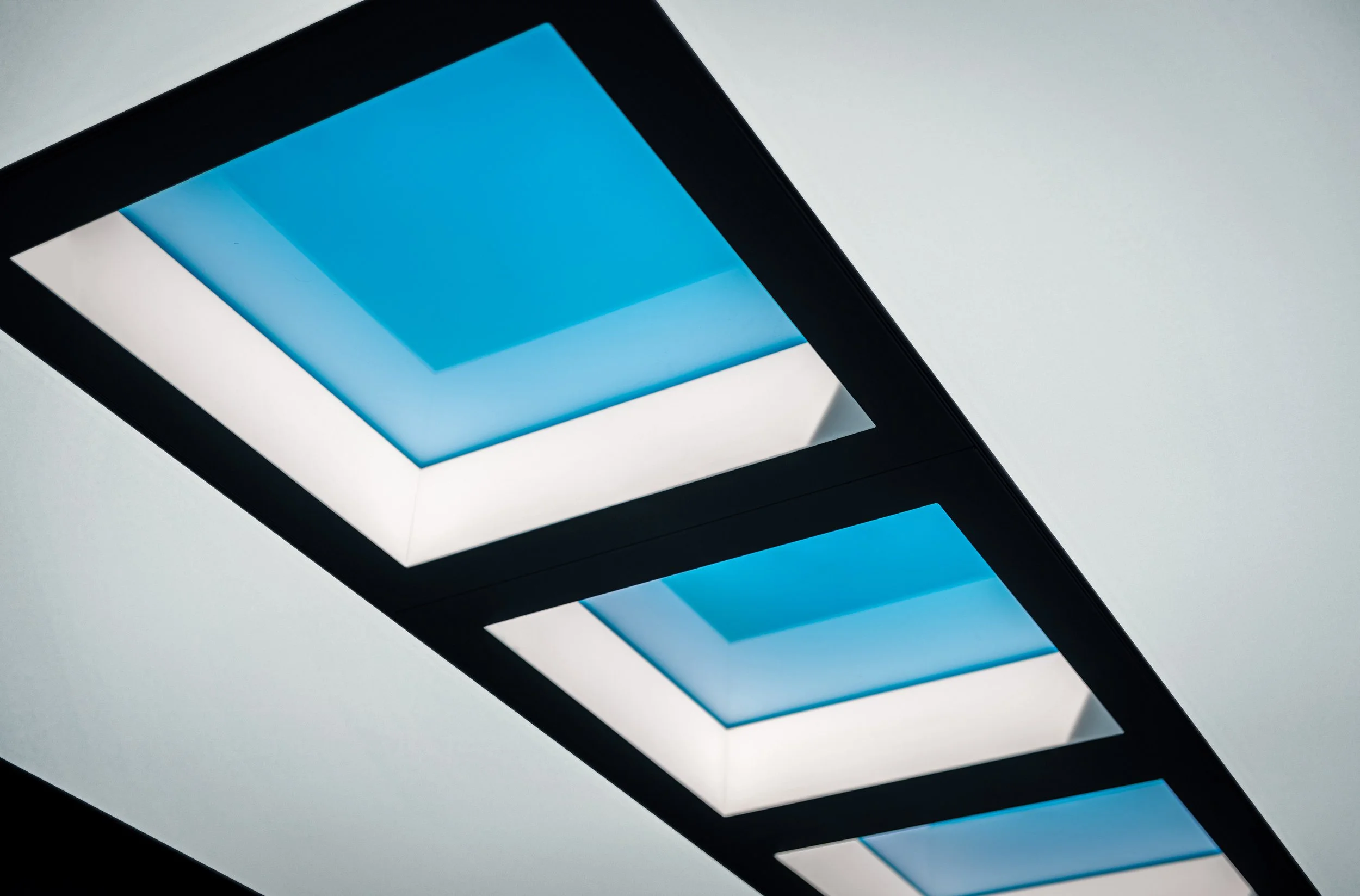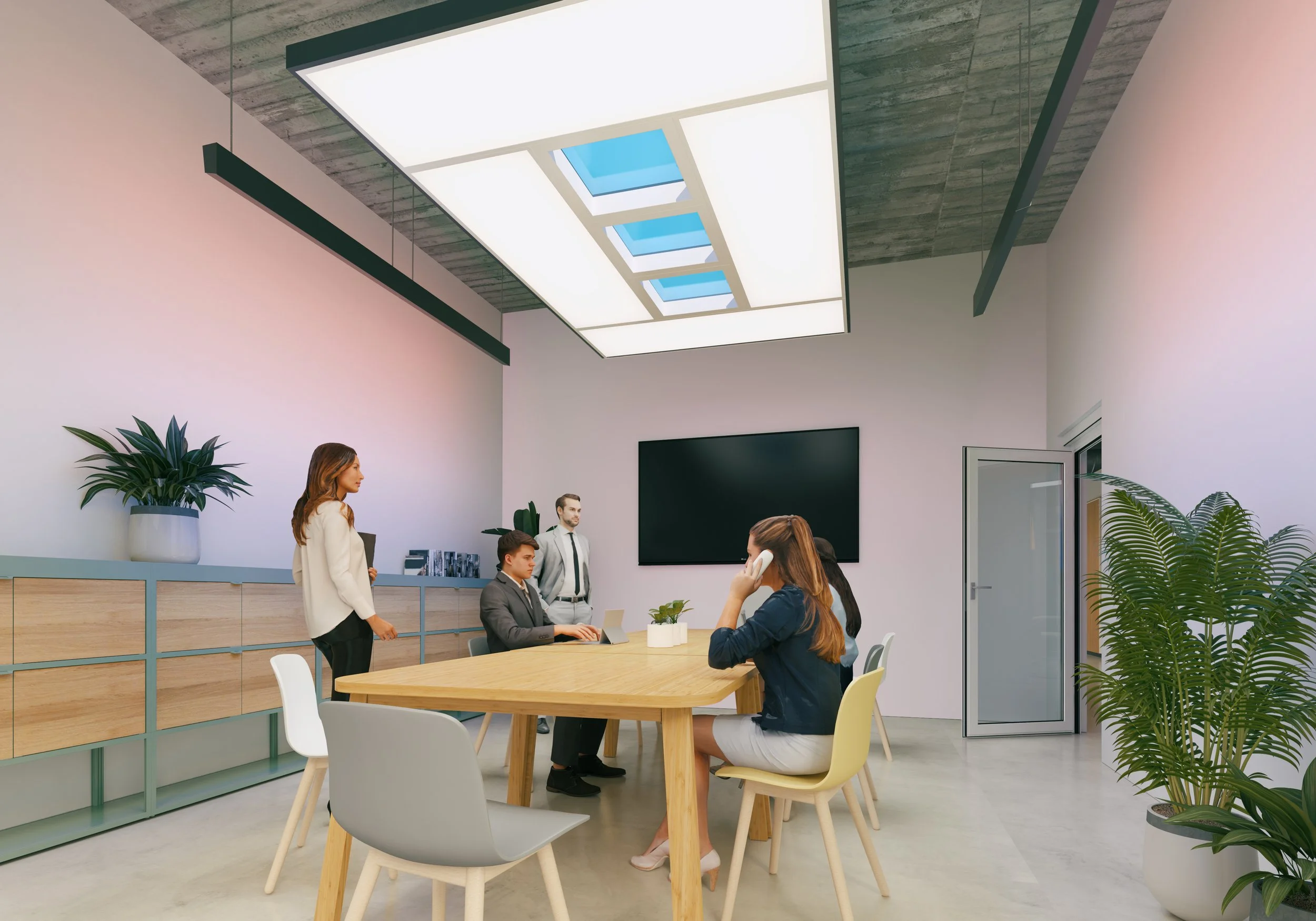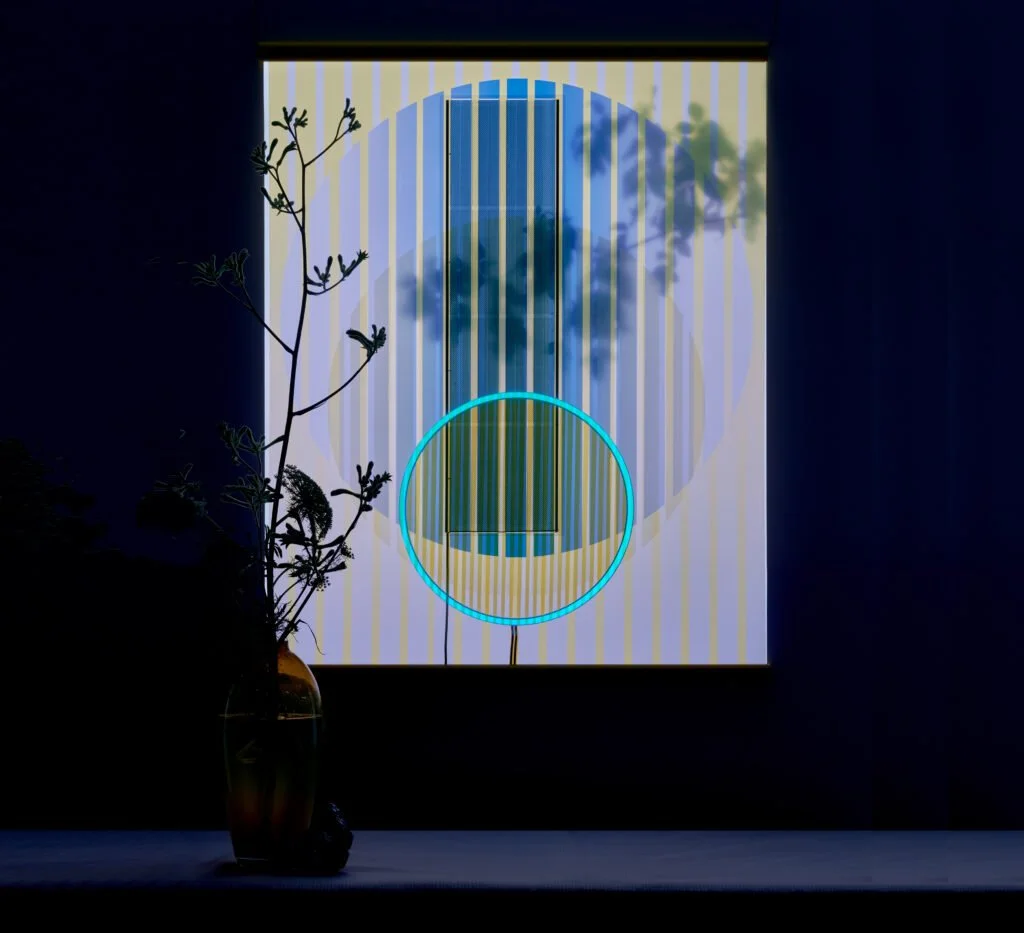 Image 1 of 14
Image 1 of 14

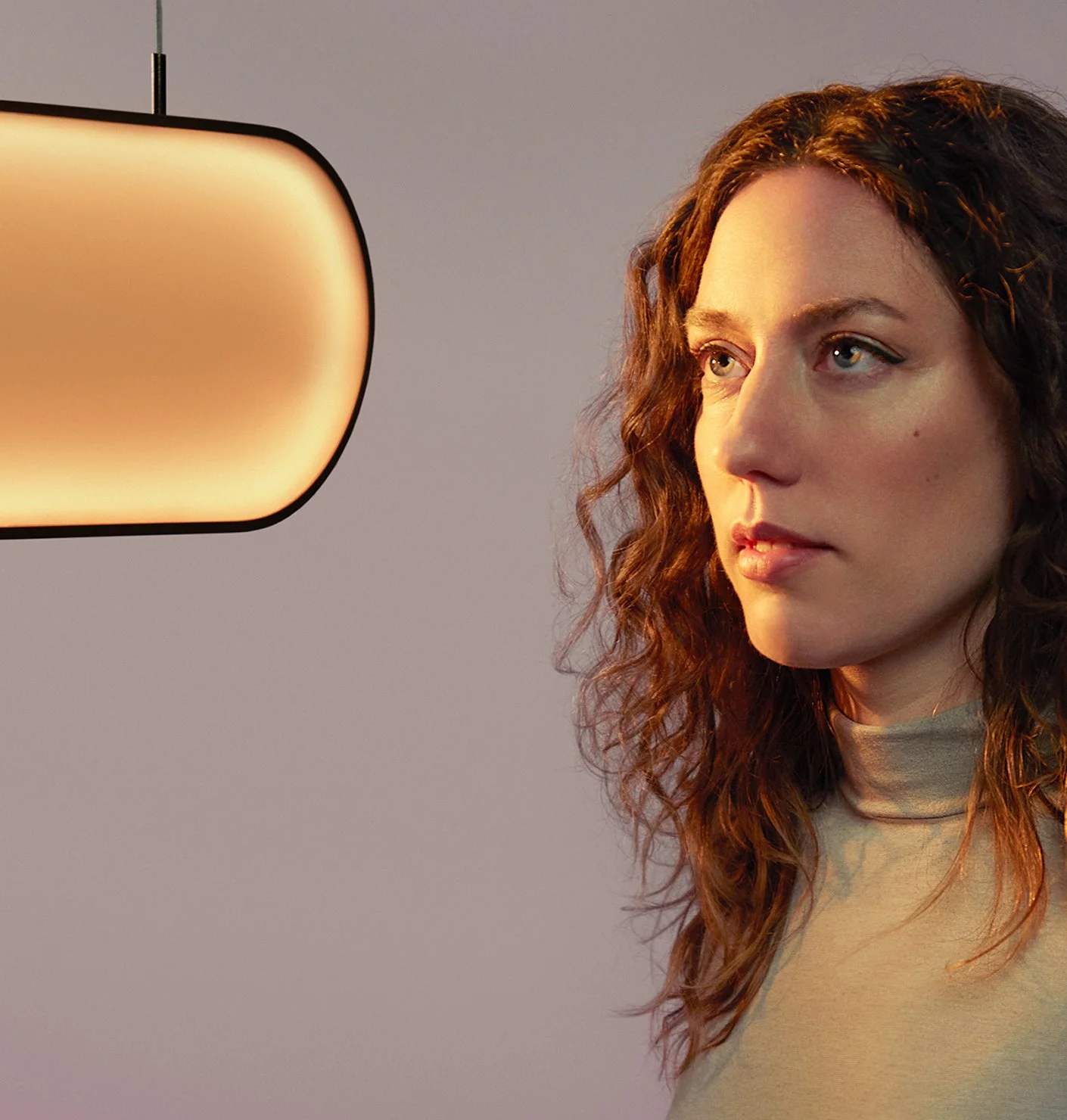 Image 2 of 14
Image 2 of 14

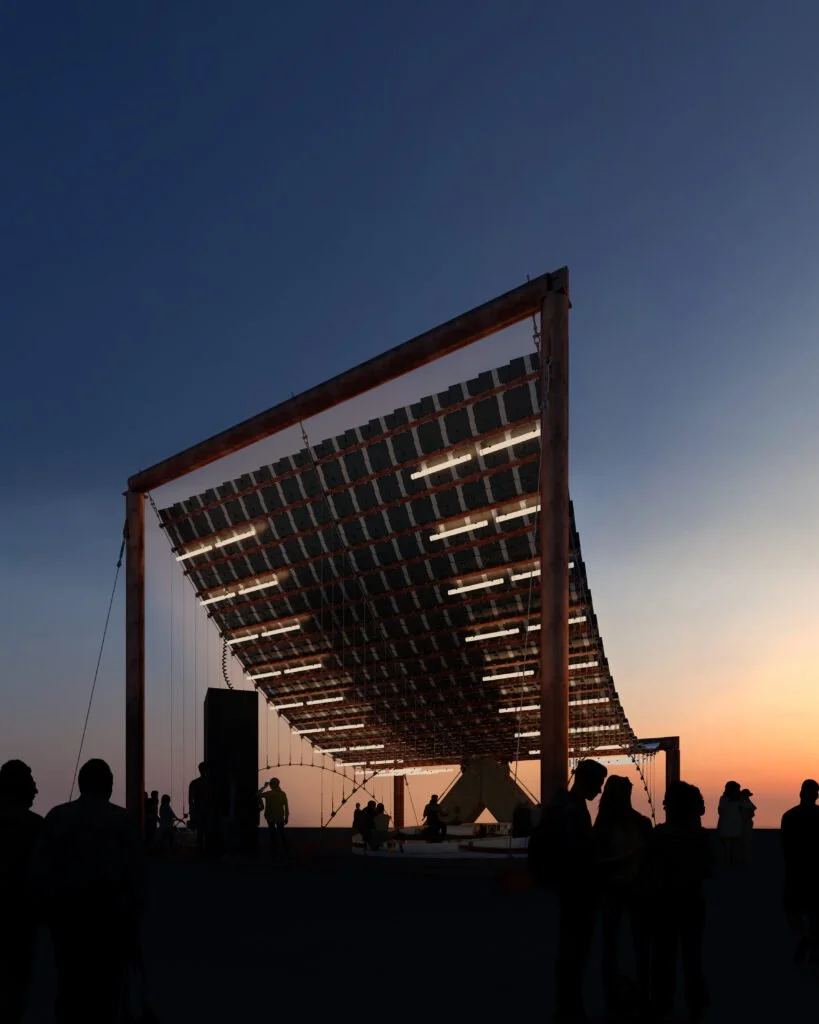 Image 3 of 14
Image 3 of 14

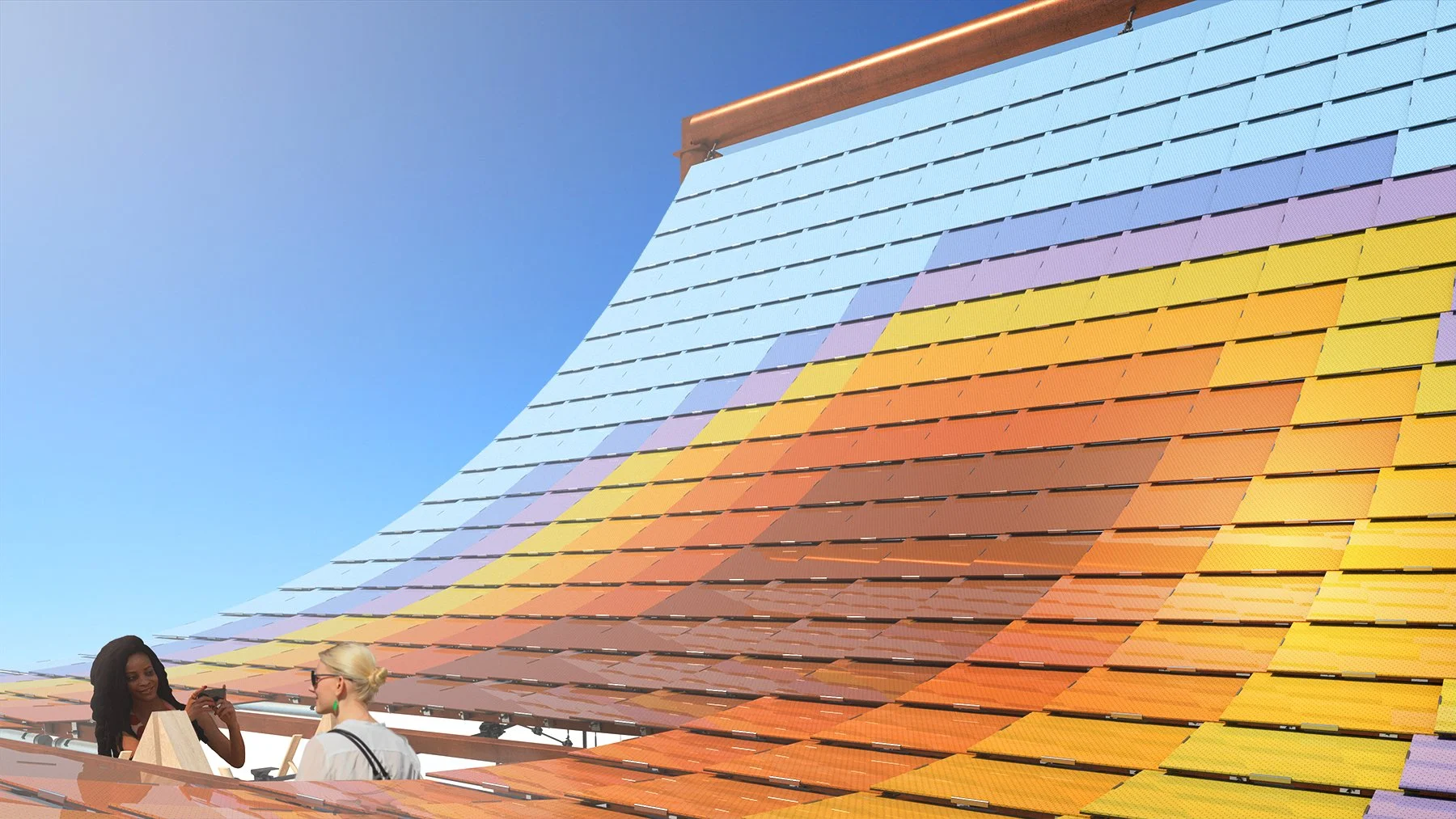 Image 4 of 14
Image 4 of 14

 Image 5 of 14
Image 5 of 14

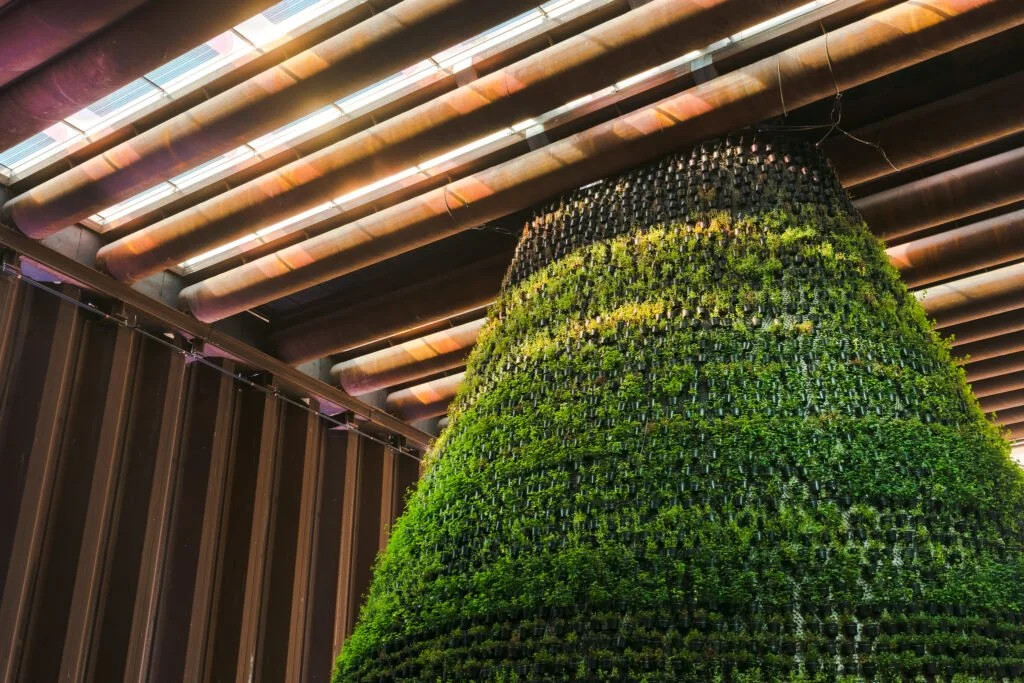 Image 6 of 14
Image 6 of 14

 Image 7 of 14
Image 7 of 14

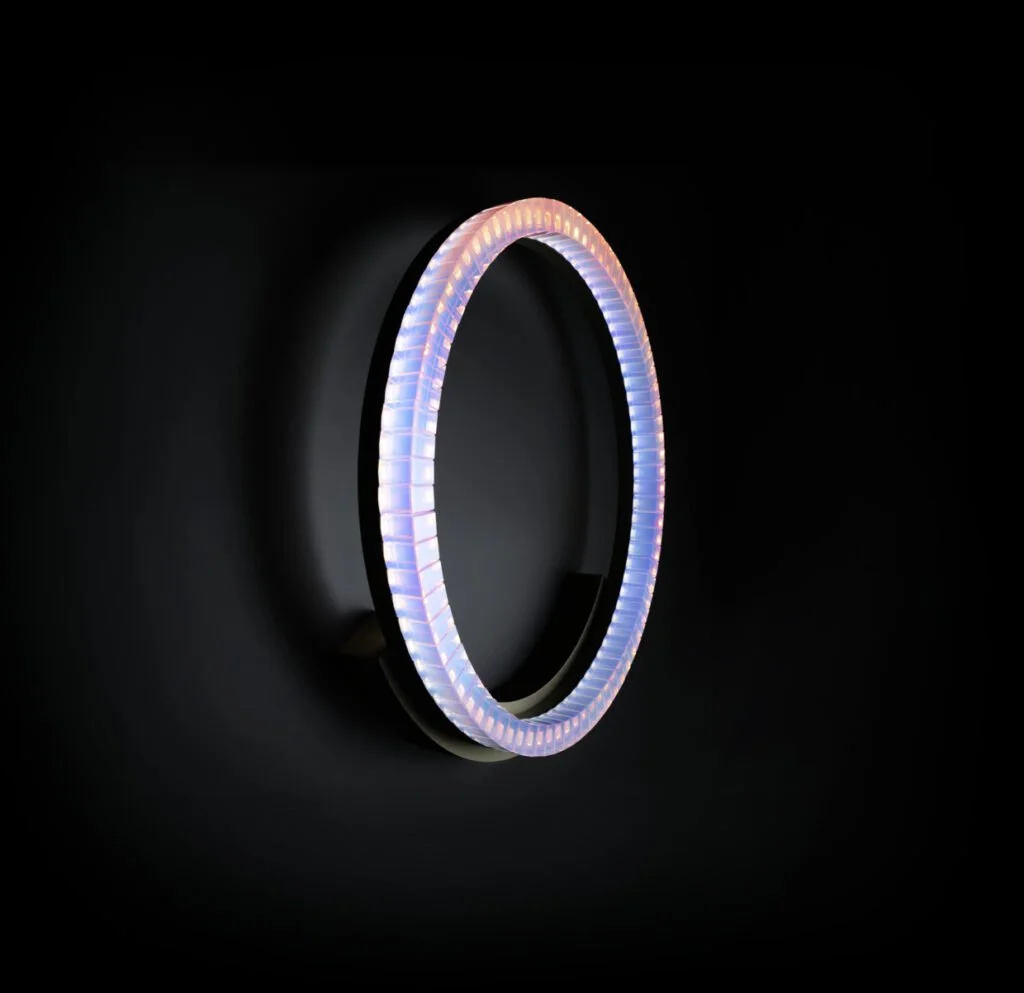 Image 8 of 14
Image 8 of 14

 Image 9 of 14
Image 9 of 14

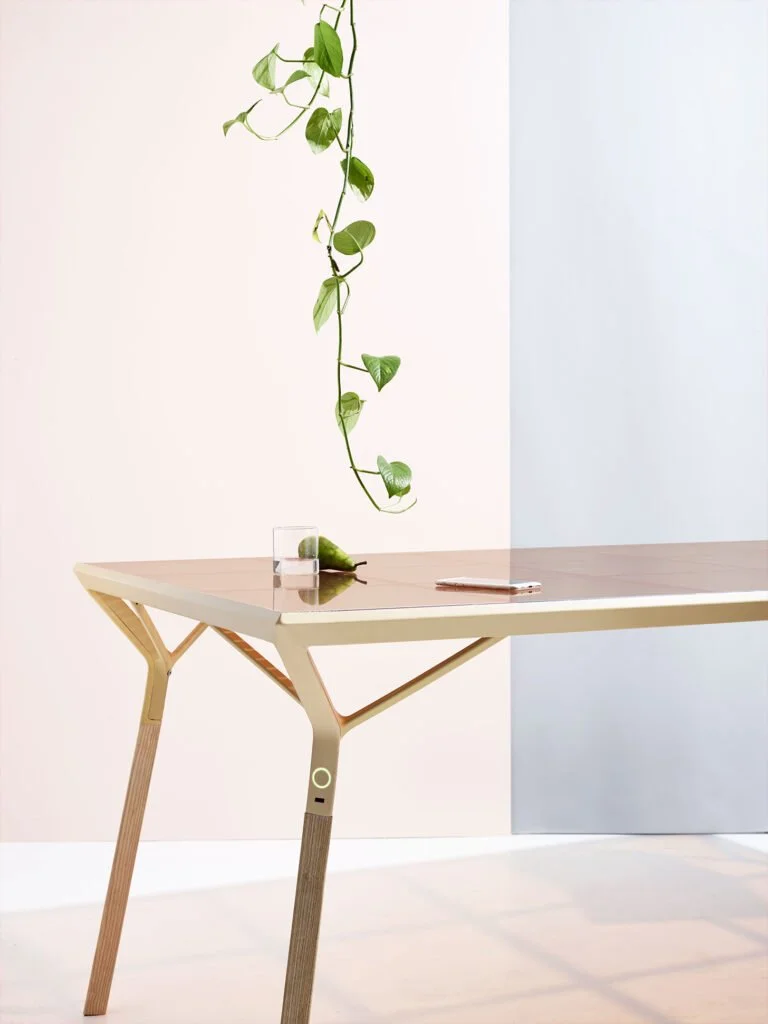 Image 10 of 14
Image 10 of 14

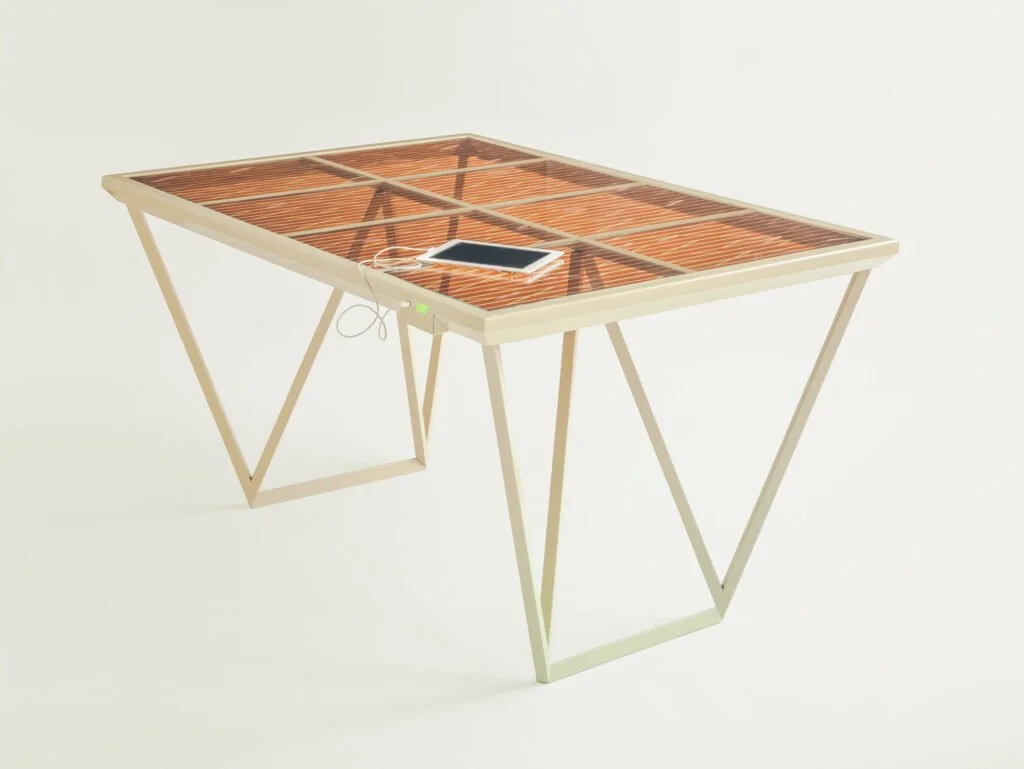 Image 11 of 14
Image 11 of 14

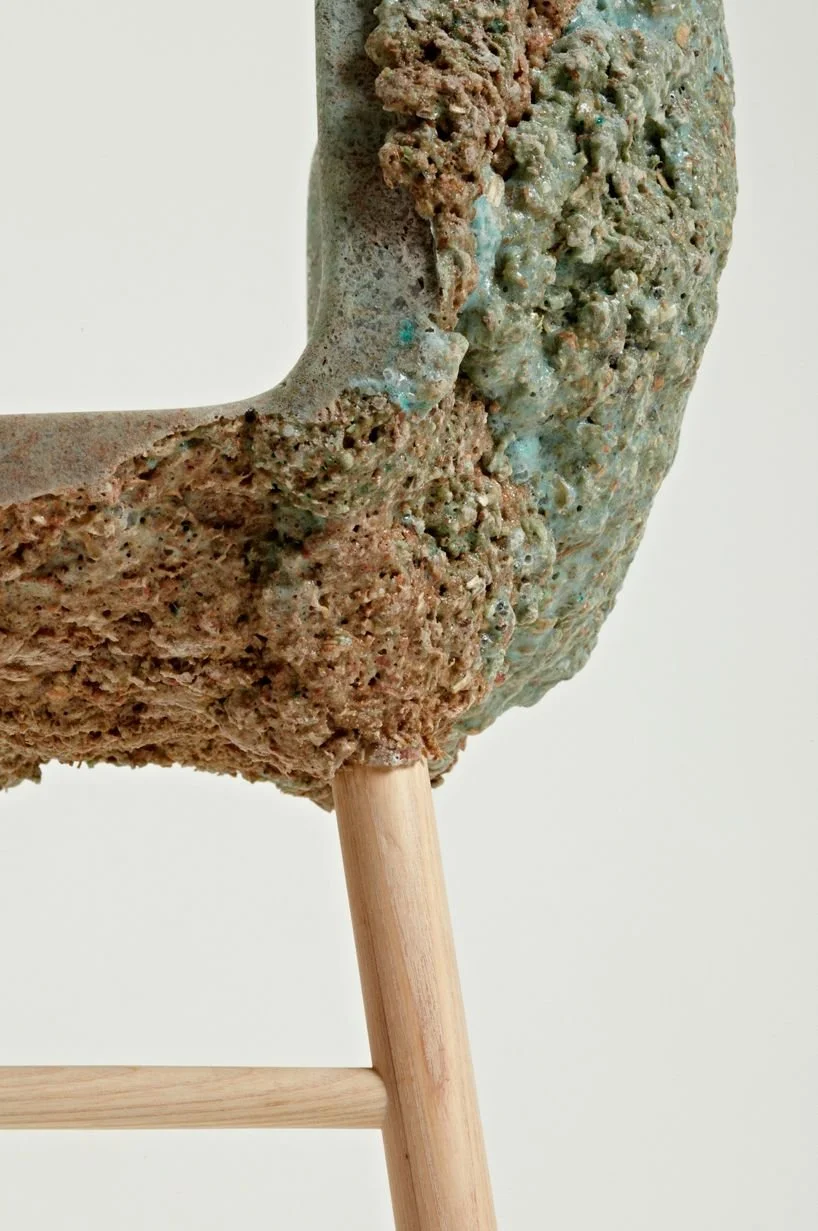 Image 12 of 14
Image 12 of 14

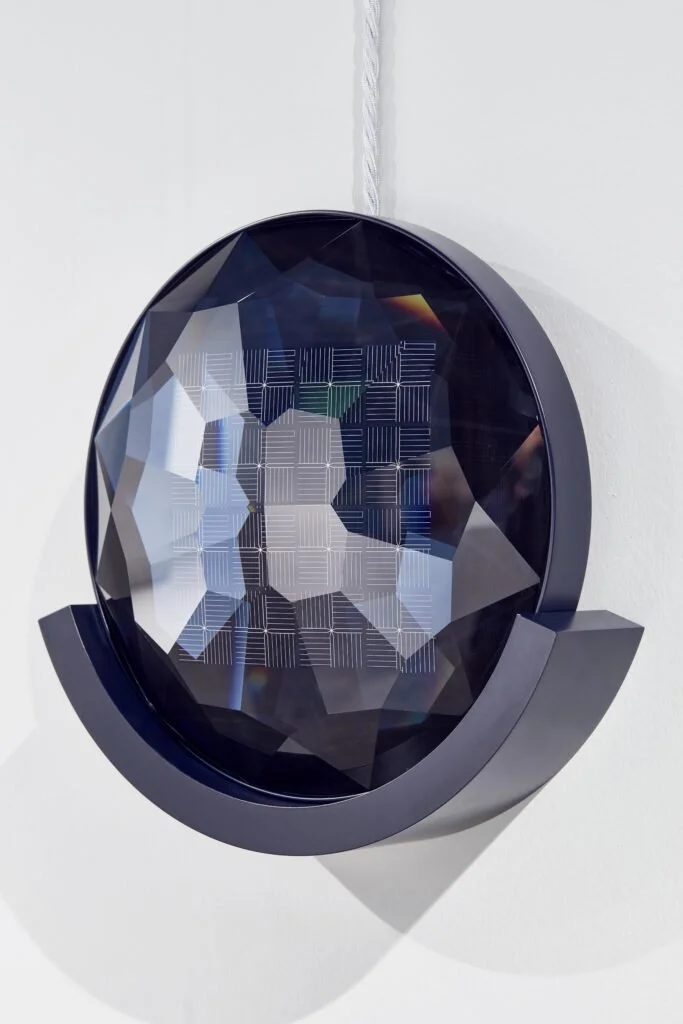 Image 13 of 14
Image 13 of 14

 Image 14 of 14
Image 14 of 14















Marjan van Aubel created an innovative solar-design practice
Marjan van Aubel is a Dutch solar designer based in Amsterdam, Netherlands. She established her studio with the mission to integrate solar technology into everyday objects and environments, promoting sustainability and renewable energy. Van Aubel's current mission focuses on creating innovative solar designs that are both functional and aesthetically pleasing, aiming to make solar energy an integral part of daily life. Core values include sustainability, innovation, and interdisciplinary collaboration, with a purpose to redefine the relationship between design, technology, and the environment.
Location
Headquarters: Amsterdam, Netherlands.
Primary manufacturing/operations locations: Various locations based on project requirements and collaborations.
The Circular Vision
Core circular economy principles: Designing out waste, using renewable energy sources, and creating products that promote environmental awareness and sustainable practices.
Key innovations: Development of projects like "Current Table," "Current Window," and "Sunne," which incorporate solar cells into furniture and lighting to harness solar energy. The "Solar Pavilion" and "8 Minutes and 20 Seconds" installations showcase the potential of integrating solar technology into public spaces.
Prioritization of local sourcing and closed-loop supply chains: Emphasis on using sustainable materials and production methods to minimize environmental impact and support local economies.
Pioneering Solutions
Flagship projects: Van Aubel's portfolio includes innovative solar-powered designs such as the Current Table and Current Window (which generate electricity from ambient light using dye-sensitised solar cells), Sunne (a self-powering solar light), the Solar Pavilion (a demountable structure that generates energy and heat), and the "8 Minutes and 20 Seconds" installation (an interactive display using photovoltaic sheets).
Unique value propositions: High-quality, innovative solar design solutions that prioritize circularity, renewable energy, and environmental responsibility. Van Aubel's work is known for its ability to seamlessly integrate solar technology into everyday objects and public spaces, making renewable energy more accessible and visually appealing.
The Regenerative Future
R&D focus areas: Advancing solar technology integration in design, exploring new applications for solar cells in everyday objects, and developing solutions that further reduce waste and energy consumption in production processes.
Ambitious goals: To lead the design industry in sustainable practices, create zero-waste solar products, and inspire a shift towards a regenerative approach to design and energy usage.
Fact Sheet
Commercial Availability: Solar design services and products available through collaborations, exhibitions, and partnerships with brands and institutions.
Circularity Rating: 5/5 (Strong focus on integrating circular economy principles and renewable energy in design).
Key Certifications: Winner of multiple awards, including the Dezeen Awards, Wallpaper Design Award, and the Radicale Vernieuwer award.
Cost Rating: 4/5 (Competitive with high-end design services, with significant value in sustainability and innovation).
Material Passport: Detailed material traceability and use of sustainable and renewable materials in many projects.
Designed for Disassembly: Yes, projects like the Solar Pavilion are designed for easy disassembly and reuse.
Carbon Performance: Focus on reducing carbon footprint through the use of renewable energy and sustainable materials. Committed to minimizing environmental impact through efficient design and production processes.
Key Takeaway
Marjan van Aubel transforms the design industry through innovative, sustainable solar solutions that prioritize circular economy principles, setting a benchmark for environmental responsibility and material innovation in contemporary design.
Explore Further
Marjan van Aubel website: https://www.marjanvanaubel.com
Marjan van Aubel is a Dutch solar designer based in Amsterdam, Netherlands. She established her studio with the mission to integrate solar technology into everyday objects and environments, promoting sustainability and renewable energy. Van Aubel's current mission focuses on creating innovative solar designs that are both functional and aesthetically pleasing, aiming to make solar energy an integral part of daily life. Core values include sustainability, innovation, and interdisciplinary collaboration, with a purpose to redefine the relationship between design, technology, and the environment.
Location
Headquarters: Amsterdam, Netherlands.
Primary manufacturing/operations locations: Various locations based on project requirements and collaborations.
The Circular Vision
Core circular economy principles: Designing out waste, using renewable energy sources, and creating products that promote environmental awareness and sustainable practices.
Key innovations: Development of projects like "Current Table," "Current Window," and "Sunne," which incorporate solar cells into furniture and lighting to harness solar energy. The "Solar Pavilion" and "8 Minutes and 20 Seconds" installations showcase the potential of integrating solar technology into public spaces.
Prioritization of local sourcing and closed-loop supply chains: Emphasis on using sustainable materials and production methods to minimize environmental impact and support local economies.
Pioneering Solutions
Flagship projects: Van Aubel's portfolio includes innovative solar-powered designs such as the Current Table and Current Window (which generate electricity from ambient light using dye-sensitised solar cells), Sunne (a self-powering solar light), the Solar Pavilion (a demountable structure that generates energy and heat), and the "8 Minutes and 20 Seconds" installation (an interactive display using photovoltaic sheets).
Unique value propositions: High-quality, innovative solar design solutions that prioritize circularity, renewable energy, and environmental responsibility. Van Aubel's work is known for its ability to seamlessly integrate solar technology into everyday objects and public spaces, making renewable energy more accessible and visually appealing.
The Regenerative Future
R&D focus areas: Advancing solar technology integration in design, exploring new applications for solar cells in everyday objects, and developing solutions that further reduce waste and energy consumption in production processes.
Ambitious goals: To lead the design industry in sustainable practices, create zero-waste solar products, and inspire a shift towards a regenerative approach to design and energy usage.
Fact Sheet
Commercial Availability: Solar design services and products available through collaborations, exhibitions, and partnerships with brands and institutions.
Circularity Rating: 5/5 (Strong focus on integrating circular economy principles and renewable energy in design).
Key Certifications: Winner of multiple awards, including the Dezeen Awards, Wallpaper Design Award, and the Radicale Vernieuwer award.
Cost Rating: 4/5 (Competitive with high-end design services, with significant value in sustainability and innovation).
Material Passport: Detailed material traceability and use of sustainable and renewable materials in many projects.
Designed for Disassembly: Yes, projects like the Solar Pavilion are designed for easy disassembly and reuse.
Carbon Performance: Focus on reducing carbon footprint through the use of renewable energy and sustainable materials. Committed to minimizing environmental impact through efficient design and production processes.
Key Takeaway
Marjan van Aubel transforms the design industry through innovative, sustainable solar solutions that prioritize circular economy principles, setting a benchmark for environmental responsibility and material innovation in contemporary design.
Explore Further
Marjan van Aubel website: https://www.marjanvanaubel.com


